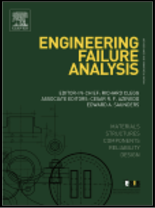 Journals have retracted five papers by a materials researcher based in Poland after concluding the peer-review process had been faked.
Journals have retracted five papers by a materials researcher based in Poland after concluding the peer-review process had been faked.
According to the retraction notices — which all appear in Elsevier journals and contain the same text — the papers were accepted due to “positive advice of at least one faked reviewer report,” which were submitted from fictitious email accounts for reviewers suggested by the author.
All five studies were solely authored by Mariusz Książek, who is based at the Wrocław University of Science and Technology in Poland, and has denied any wrongdoing.
A spokesperson from the Wrocław University of Science and Technology confirmed that the university “has taken legal actions.”
Książek told Retraction Watch why he doesn’t agree with the decision to retract his papers: Continue reading Researcher denies faking reviews for 5 newly retracted papers
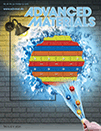
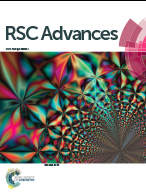
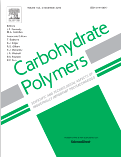

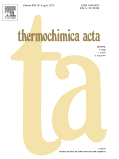

 A material science journal has retracted a paper after discovering that the first author faked email addresses for co-authors to submit the paper without their permission.
A material science journal has retracted a paper after discovering that the first author faked email addresses for co-authors to submit the paper without their permission.
